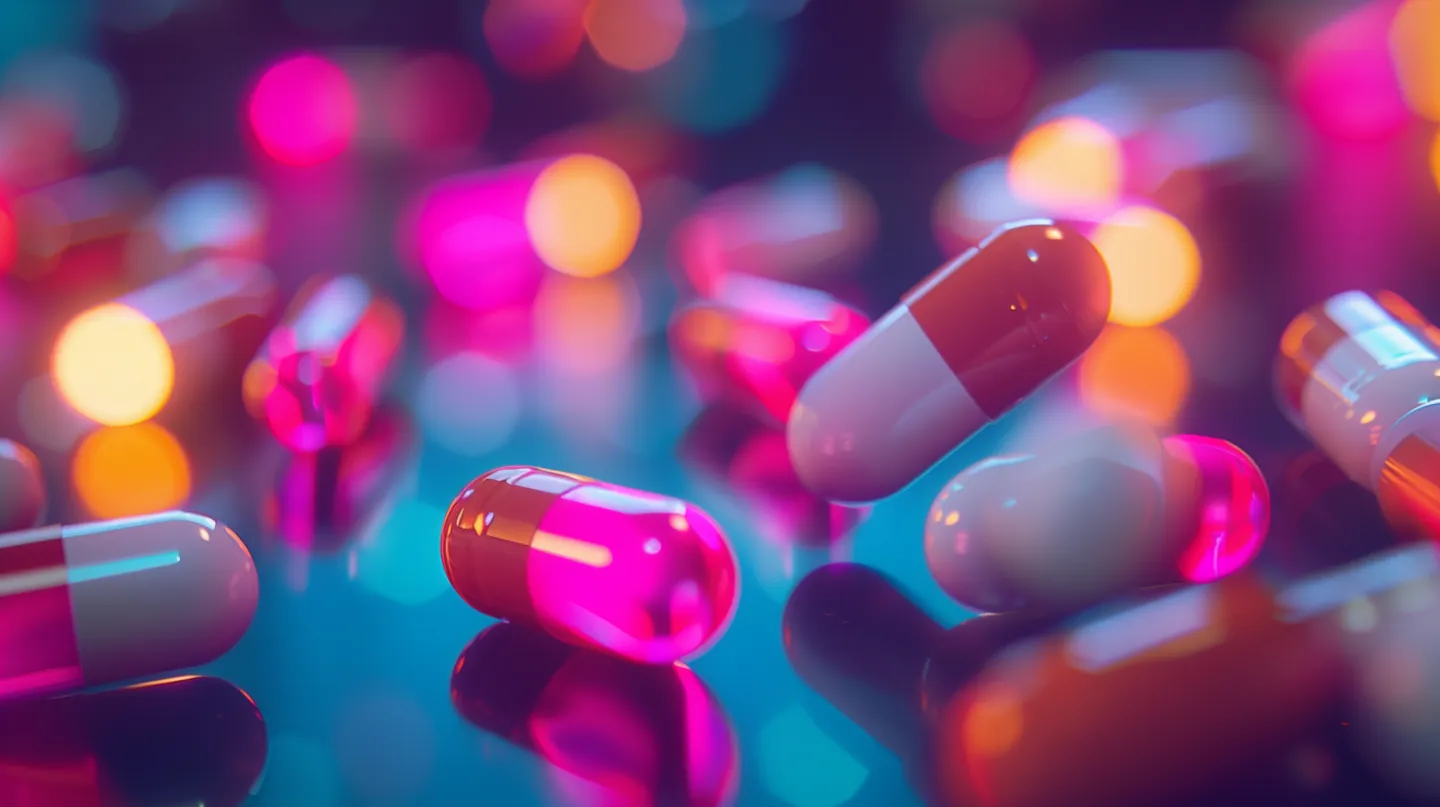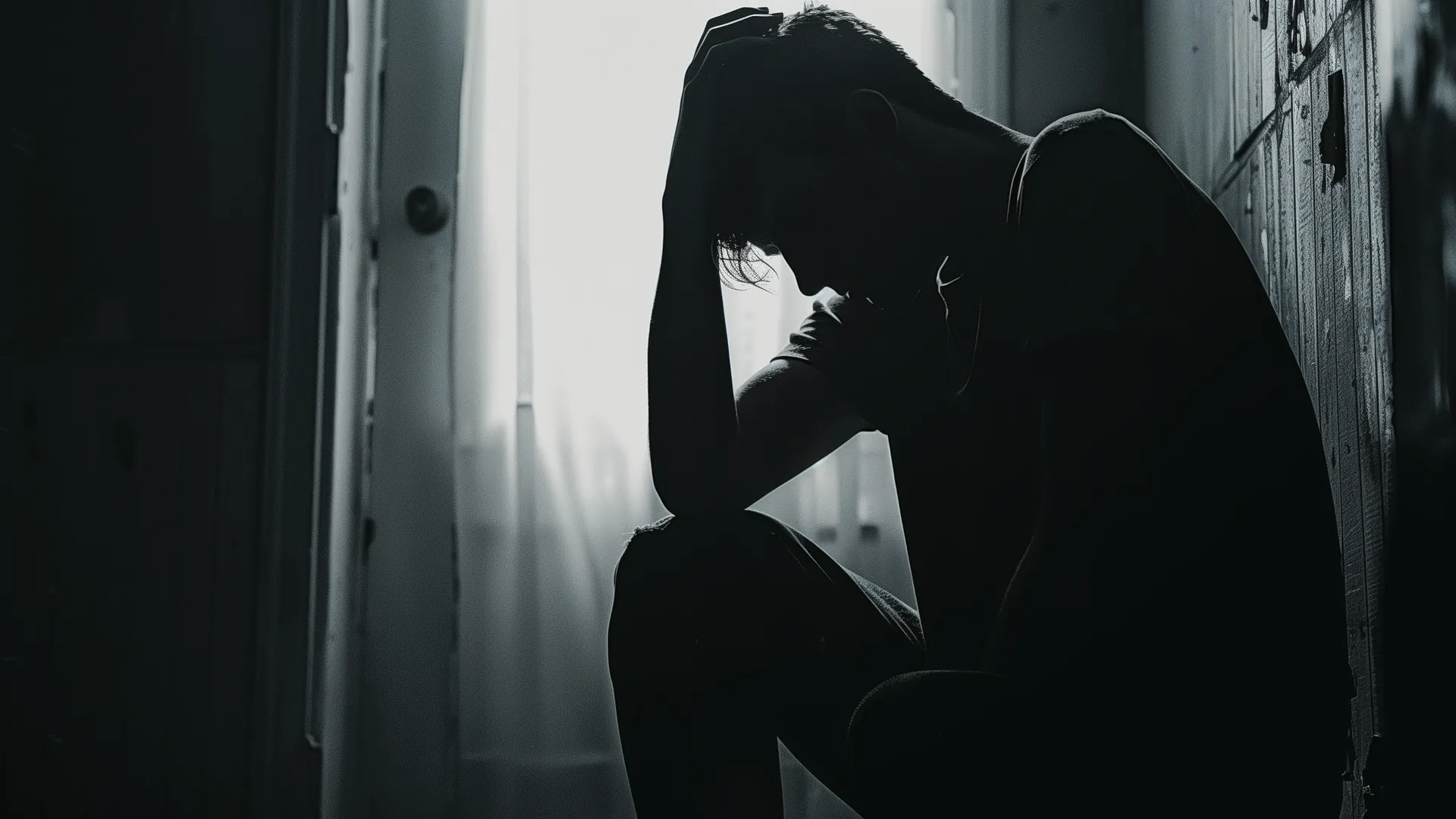Depression is a critical mental illness that impacts countless individuals around the world, profoundly affecting their everyday functioning. This disorder drastically reduces life quality by altering emotional states, behaviors, physical health, and general wellness. A holistic treatment plan for depression should encompass both medical and psychotherapeutic strategies. This article examines a variety of approaches designed to revive happiness and emotional health.
Grasping the Nature of Depression

Depression transcends simple mood fluctuations; it manifests as deep-seated sorrow, diminished interest in daily activities, and general disinterest. Symptoms are diverse, including persistent exhaustion, sleep issues, changes in appetite, difficulty focusing, and pervasive feelings of despair.
Preventing Depression
To fend off depression, it's essential to balance work and personal life, build stress resilience, and maintain an emotional state journal. Early detection of mood disorder symptoms is crucial for seeking timely professional assistance.
Medicinal Approaches to Treating Depression

Pharmacological treatment plays a vital role in an integrated strategy for managing depression. Antidepressants aim to rectify chemical imbalances in the brain that are frequently at the heart of depressive conditions. We will delve into the primary categories of antidepressants, examining their effects, adverse reactions, and specific uses.
Primary Categories of Antidepressants
- Selective Serotonin Reuptake Inhibitors (SSRIs): These drugs boost serotonin levels in the brain, enhancing mood.
- Serotonin Norepinephrine Reuptake Inhibitors (SNRIs): These influence both serotonin and norepinephrine levels.
- Tricyclic Antidepressants (TCAs): These affect various neurotransmitters but are known for their more significant side effects.
- Monoamine Oxidase Inhibitors (MAOIs): Less commonly used due to stringent dietary limitations and potential drug interactions.
Therapeutic Principles and Potential Side Effects
It is vital to monitor the treatment process meticulously under medical supervision to adjust the medication and dosage correctly. The impact of antidepressants is not instantaneous; assessing their effectiveness requires time. Potential side effects may include nausea, headaches, changes in weight, sexual dysfunction, and sleeplessness.
Understanding that drug therapy for depression must be complemented by psychotherapy and other techniques for maximum benefit is essential. Medications should be administered strictly according to medical advice and should not be ceased without a consultation, even if there appears to be an improvement in health.
Alternative Non-Pharmaceutical Interventions for Depression

Beyond conventional drug therapy, numerous alternative methods effectively mitigate symptoms of depression. These techniques typically involve modifications in lifestyle, psychotherapeutic interventions, and various relaxation and self-assistance strategies to enhance overall well-being.
- Psychotherapeutic Approaches: Psychotherapy stands as a fundamental non-medical approach to combating depression. The diverse array of psychotherapeutic techniques provides options tailored to fit each unique scenario.
- Cognitive-Behavioral Therapy (CBT): This method focuses on identifying and amending harmful thought patterns and behaviors.
- Psychodynamic Therapy: This therapy delves into unresolved emotional and psychological issues from one's past that continue to impact their present condition.
- Interpersonal Therapy: This strategy is aimed at enhancing personal relationships and social capabilities, which can lead to improved mood states.
- Physical Engagement: Engaging in regular physical activities is known to uplift spirits and mitigate symptoms of depression by triggering the production of endorphins, often referred to as natural mood enhancers. Additionally, exercise encourages better brain neuroplasticity, improving its capacity to respond to new challenges.
- Mindfulness Practices: These methods are effective in controlling negative thoughts and feelings, thereby bolstering the overall emotional well-being.
- Nutritional Balance: A diet rich in omega-3 fatty acids, antioxidants, proteins, and whole grains greatly supports mental health. Studies indicate that a nutritious diet not only reduces symptoms of depression but also enhances general health.
- Sleep Quality: Maintaining a consistent sleep schedule and practicing good sleep hygiene are essential in managing depression. Proper sleep helps decrease stress, boost focus, and improve physical health, which in turn benefits mental well-being.
Conclusion

The techniques for treating depression present numerous opportunities to enhance life quality and can be implemented alone or alongside conventional medical treatments. It's crucial to conduct any course of treatment under the guidance of healthcare professionals to ensure safety and efficacy.










